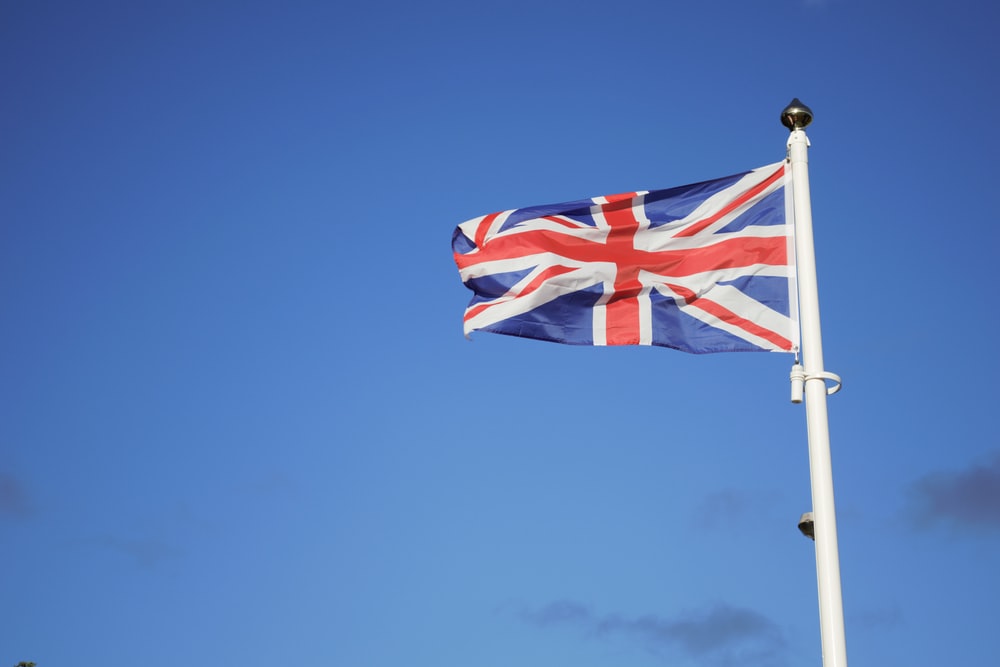A post-Brexit UK is expected to face delays in economic recovery from COVID-19 due to political uncertainty and Brexit. A Financial Times survey revealed that around 100 economists declared living standards in the UK would worsen next year. They expect low-income households to be hit the hardest due to high taxes and hiking inflation.
The significant challenges facing the national economy are global. These include widespread pandemic-related inflation, high energy prices, continued labour shortages, viral infection waves, supply chain disruptions, increased risk of climate change, and more. But many economists believe the UK will likely suffer more than other developed countries as its fiscal support decreases. Brexit continues to hurt trade and exacerbate supply bottlenecks, while political uncertainty in the region will likely curb investments.
An Overview of What Economists Expect from the Post-Brexit UK
The director of the National Institute of Economics and Social Sciences, Jagjit Chadha declared that the jagged dominance over Brexit and political uncertainty would create obstacles in what could have been a strong recovery for the country. Paul de Grauwi, a professor at the London School of Economics, said that recovery is driven by future-related optimism. But Brexit will lead to chronic pessimism about the UK economy’s future.
Brexit Will Exacerbate UK’s Economic Troubles
Even though some economists believe that Brexit-related pessimism might be overdone as consumers are benefiting from record-high net worth and a booming labour market, Paul Dales, chief UK economist at Capital Economics, described the promising growth as a statistical mirage brought on by the pandemic. The country’s economy is rebounding faster as it has plunged into a deeper hole since GDP levels haven’t yet rebounded to 2019 levels.
Thanks to full tariff control implementation in 2022, many economists Brexit will exacerbate the trade frictions related to the pandemic as labour shortages and supply chain disruptions will persist, and inflation pressure will become more prominent in other countries. Independent consultant John Llewellyn and other economists said that it would force the BoE to tighten fiscal policies, slowing UK’s recovery over time.
The Government Problem
Some economists have pointed out the government’s reluctance to help businesses affected by the Omicron variant. Meanwhile, others believe the government itself is part of the problem. A series of scandals have lowered PM Boris Johnson’s approval ratings and raised the question of a leadership challenge. Survey respondents mentioned unstable politics and the lack of credible plans for long-term productivity gains.
Johnson’s leadership challenges and the chaotic style of government might encourage businesses to remain in interest mode and defer investment decisions to a time when the economic policy outlook looks clearer.
The Rising Inflation
Inflation is another significant issue in the post-Brexit UK. It recorded 5.1% in November – the highest in more than a decade. Plus, it’s expected to rise in the first quarter or 2022 and reach an exponentially high percentage by the end of the year. The survey respondents believe it will make people worse off by the end of the year as their average wages will not keep up with the rising inflation.
With that said, there is still time for the government to assess its post-Brexit UK economic policies and address pandemic-related concerns to help businesses and the country’s economy head in the direction of recovery instead of going further downhill.


